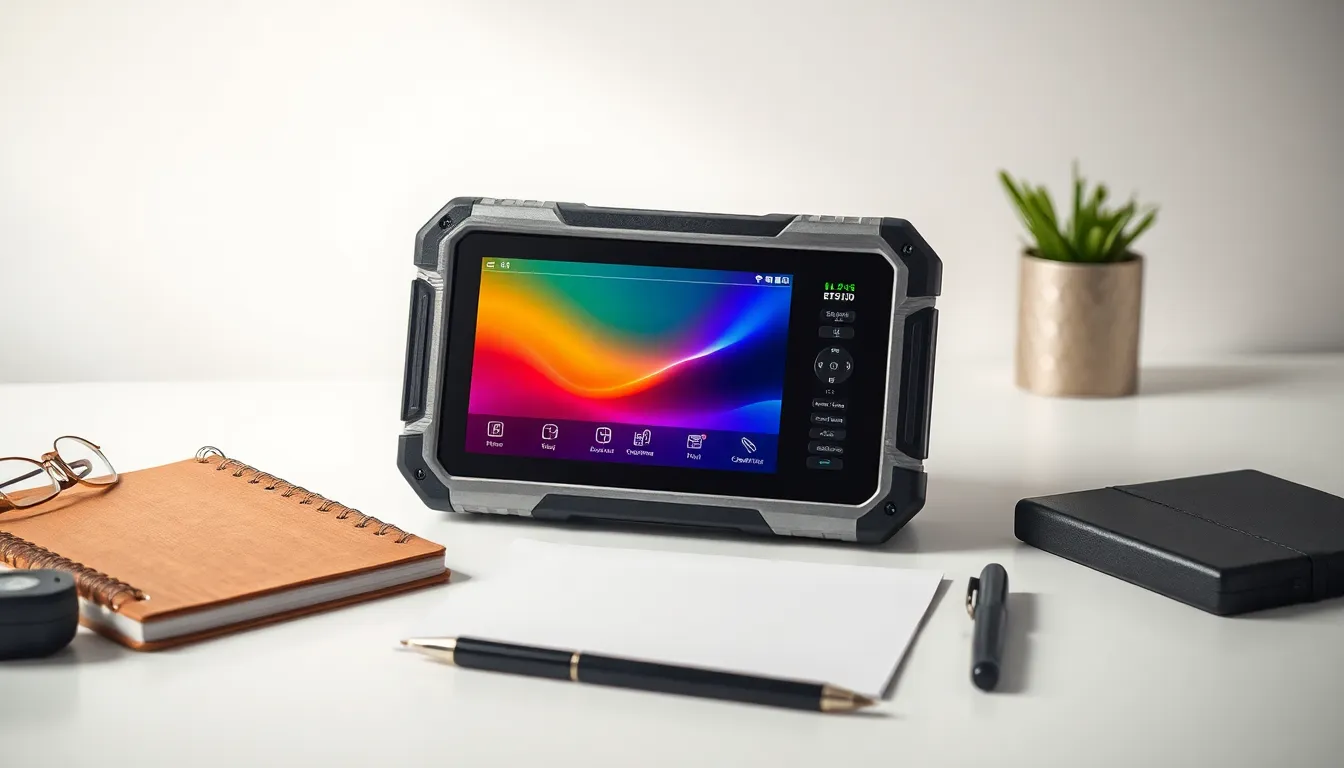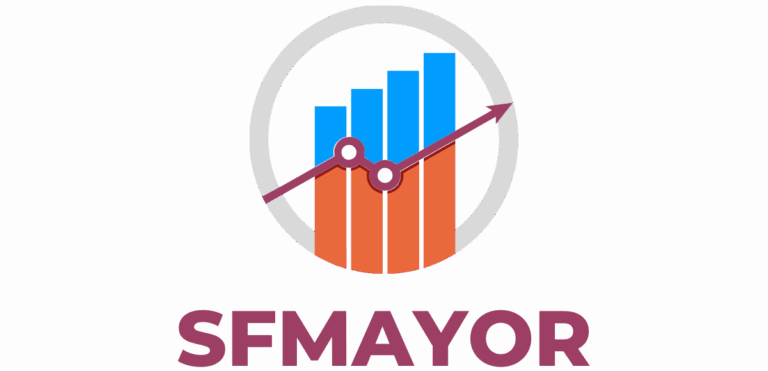Nailing an interview is just the first step in the job-hunting marathon. Once the dust settles and the adrenaline fades, what’s next? Enter the often-overlooked world of interview follow-up etiquette. It’s like sending a thank-you note after a fantastic dinner—essential but often forgotten.
Table of Contents
ToggleImportance Of Interview Follow Up Etiquette
Interview follow-up etiquette plays a critical role in the job application process. Many candidates overlook this step, which diminishes their chances of leaving a lasting impression. A well-crafted follow-up message can reinforce interest in the position and showcase professionalism.
Sending a thank-you note demonstrates appreciation for the interviewer’s time. It offers an opportunity to reiterate key qualifications discussed during the interview. This communication also allows candidates to address any points they might have missed.
Employers often view follow-ups as a gauge of a candidate’s enthusiasm and commitment. According to a survey by CareerBuilder, 22% of employers say a thank-you note influences their hiring decision. Candidates standing out from others achieves that goal effectively through prompt follow-ups.
Choosing the right medium for follow-up matters. Email is typically preferred for its speed and professionalism. However, handwritten notes can add a personal touch, setting candidates apart in a crowded field. Tailoring each message to the conversation had during the interview enhances its impact.
Timeliness holds considerable importance as well. A follow-up should occur within 24 to 48 hours post-interview, ensuring relevance and interest. Ignoring this timeline risks leaving the impression of disinterest.
Overall, practicing proper interview follow-up etiquette strengthens a candidate’s position in the selection process. Cultivating this habit leads to opportunities and potential career advancements.
Timing Your Follow Up
Timely follow-ups are essential for maintaining the momentum after an interview. A focused approach enhances a candidate’s chances of leaving a positive impression.
After The Interview
Sending a follow-up message within 24 to 48 hours shows professionalism. Candidates should express gratitude for the interviewer’s time while briefly highlighting key qualifications discussed. Personalization matters; mentioning specific topics from the conversation strengthens the connection. Many employers view prompt follow-ups as a sign of enthusiasm. Tracking the timing ensures the follow-up remains relevant and increases the likelihood of making a lasting impact.
After Receiving A Job Offer
Responding quickly to a job offer demonstrates commitment. Candidates must acknowledge the offer within 24 hours, even if additional time is needed to consider it. Thankfulness should accompany any response, reflecting appreciation for the opportunity. If negotiations are necessary, candidates can express excitement while discussing any specific terms. Timely communication maintains professionalism and keeps the hiring manager engaged. Accepting or declining decisively aids both parties in moving forward effectively.
Different Methods Of Follow Up
Candidates can utilize various methods for follow-up after an interview, with each having distinct advantages. The choice of method impacts the impression left on potential employers.
Email Follow Up
Email remains the most common method for follow-up. Sending a well-crafted email can reinforce enthusiasm for the role. A concise message emphasizes gratitude and addresses key points discussed during the interview. Personalization enhances effectiveness; referencing specific topics creates a stronger connection. Aim for timeliness by sending the email within 24 to 48 hours after the interview, as quick responses are favorable. According to CareerBuilder, 22% of employers view thank-you notes as influential, making email a critical opportunity to stand out.
Phone Call Follow Up
Phone calls offer a more personal touch compared to emails. They demonstrate initiative and can leave a lasting impression. A brief call allows candidates to express gratitude verbally, which can resonate well with interviewers. Clarity is essential during the conversation; candidates should prepare key points in advance. While timing still matters, a follow-up call, if done professionally and respectfully, can differentiate candidates from others. Candidates often find success by calling within the same 24 to 48-hour window as emails.
Crafting The Perfect Follow Up Message
A well-structured follow-up message conveys professionalism and genuine interest. Key elements exist that enhance the effectiveness of this communication.
Components Of A Good Follow Up
Gratitude forms the foundation of any follow-up message. Candidates should express appreciation for the interviewer’s time. Briefly restating significant qualifications discussed strengthens the message, reinforcing why the candidate is a strong fit. Clarity in writing is essential; concise sentences help convey enthusiasm without overwhelming the reader. Additionally, closing reiterations of interest in the role prompt the interviewer to consider the candidate with greater favor.
Personalization Techniques
Specificity creates an impactful connection. Candidates can reference particular topics discussed during the interview to personalize their messages. Mentioning a shared interest or an intriguing point from their conversation fosters a stronger bond. Including the interviewer’s name in a natural context adds a personal touch. A unique aspect of the candidate’s background can also tie back to the discussion, enhancing memorability. Overall, tailor each message to reflect the individual rapport established during the interview for maximum effect.
Common Mistakes To Avoid
Sending a follow-up too late diminishes its impact. Candidates should aim to send their follow-ups within 24 to 48 hours after the interview. Ignoring personalization gives the impression of a generic message. Tailor each follow-up to reflect specific conversations and topics discussed during the interview.
Neglecting to express genuine gratitude can undermine the message’s intent. Always thank the interviewer for their time and consideration. Failing to make it concise leads to a message that may lose the reader’s interest. Stick to key points and maintain clarity throughout the follow-up.
Overlooking proofreading can result in embarrassing mistakes. Errors in spelling or grammar can detract from professional presentation. Using the wrong medium may affect the message’s reception. Opt for email as the standard method, unless a handwritten note seems appropriate for the situation.
Forgetting to reiterate qualifications can weaken the follow-up. Highlight relevant skills and experiences discussed during the interview. Focusing solely on the job offer may come off as presumptuous. Recognize the opportunity first and frame any questions about terms respectfully.
Relying too heavily on templates prevents genuine connection. Craft each follow-up uniquely, reflecting personal experiences and sentiments. Employing overly formal language could create a barrier between the candidate and the interviewer. Use a friendly yet professional tone to maintain rapport.
By recognizing these common pitfalls, candidates can craft effective follow-ups that enhance their chances of success in the hiring process.
Mastering interview follow-up etiquette can significantly impact a candidate’s chances of success. A well-timed and thoughtful follow-up reinforces interest and professionalism while leaving a lasting impression on potential employers. By expressing gratitude and personalizing messages, candidates can strengthen their connection with interviewers.
Timeliness is key; sending a follow-up within 24 to 48 hours keeps the momentum going. Whether through email or a handwritten note, each follow-up should reflect the candidate’s enthusiasm and qualifications. Avoiding common pitfalls like generic messages or delayed responses can enhance the effectiveness of follow-ups. Ultimately, embracing proper follow-up etiquette not only showcases a candidate’s commitment but can also open doors to exciting career opportunities.




